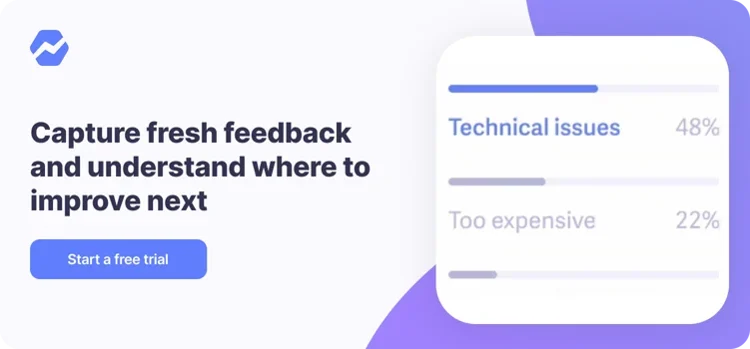Table of Contents

I learned early on that there are certain things that just aren’t worth my time to research and learn the ins and outs of. Contract minutia is one of those things. For better or worse, it’s part of doing business. And let’s be clear, it is necessary.
As you start building out a team, whether that’s in a part-time/contract capacity or full-time, there are some legal steps you should take to protect both you, your company and the team member you’re hiring.
It’s also an opportunity to clearly lay things out on the table so there’s no muddied waters about what’s expected, what compensation will be, and what is or isn’t okay.
One of the hard parts when you’re getting started is know what contracts to send, what they’re for and when to send them.
So, below you’ll find three different contracts we use as part of the hiring process, completely free for the taking and using with your company.
As you’d guess, I’m not a lawyer. This is not legal advice. You should consult your own lawyer. For what it’s worth, we have a pretty great lawyer who helped us put all of these together, if you’re looking for one.
Offer Letter
Once you and the person you’re hiring have settled on compensation, it’s time for an Offer Letter.
The purpose of this to layout exactly what compensation and benefits come with the job as well as mentioning any other documents (NDAs, work eligibility, etc) they’ll be required to sign.
Proprietary and Confidential Information, Developments and Non-Solicitation Agreement
Hiring anyone brings a certain level of risk. You’re putting a lot of trust in the person you’re hiring to not doing anything (at least intentionally) that could damage the company.
The Proprietary and Confidential Information, Developments and Non-Solicitation Agreement (which includes a more common “Proprietary Information and Inventions Agreement”, also called a PIIA) tries to mitigate that risk as much as possible by laying out what’s private, who owns what and what’s allowed after the end of employment.
I find this agreement to be slightly overwhelming and full of legal speak, but it’s also par for the course.
The bulk of this agreement covers four major areas:
- Confidential information — Every company has both private company data as well as customer data. Nobody wants this stuff leaked.
- Proprietary inventions — The stuff the employee creates while they’re at the company. This is the part that prevents the employee from taking the unique things they created at your company off to another company.
- Non-solicitation — If an employee leaves (or is fired), this prevents them from poaching your entire team right away. It also covers them from building a similar service and taking all of your customers as well.
- Termination — When an employee is let go, the Termination Certification basically re-iterates what they signed when they started. It’s a way to verify that they know what is or isn’t expected going forward.
The entire agreement has lots of things that typically make most sane humans’ eyes cross from all the legal speak, but unfortunately it’s a necessary evil of the wonderful US legal system.
Consulting Agreement
The Consulting Agreement is essentially a Proprietary and Confidential Information, Developments and Non-Solicitation Agreement for contractors. It’s more concise and puts less weight on the contractor, as there’s usually less at stake.
This agreement covers everything you’d expect from confidentiality and ownership to deliverables and compensation.
Agreement signing
There’s no reason to actually print or mail any of these agreements. You can do 100% of it via email and electronic signing services like HelloSign or Adobe Document Cloud. Mac’s Preview app also has digital signing built in.
Don’t reinvent the wheel
As I mentioned earlier, I’m not a lawyer and you shouldn’t take any of this as legal advice. You should talk to your own lawyer. That being said, these agreements are some of the most common on the planet and if any lawyer is charging you to write these things from scratch, go find a new lawyer.
These types of agreements are some of the cheapest legal work you’ll ever get done and it’s really a necessity for any business.
Happy legal-ing!



